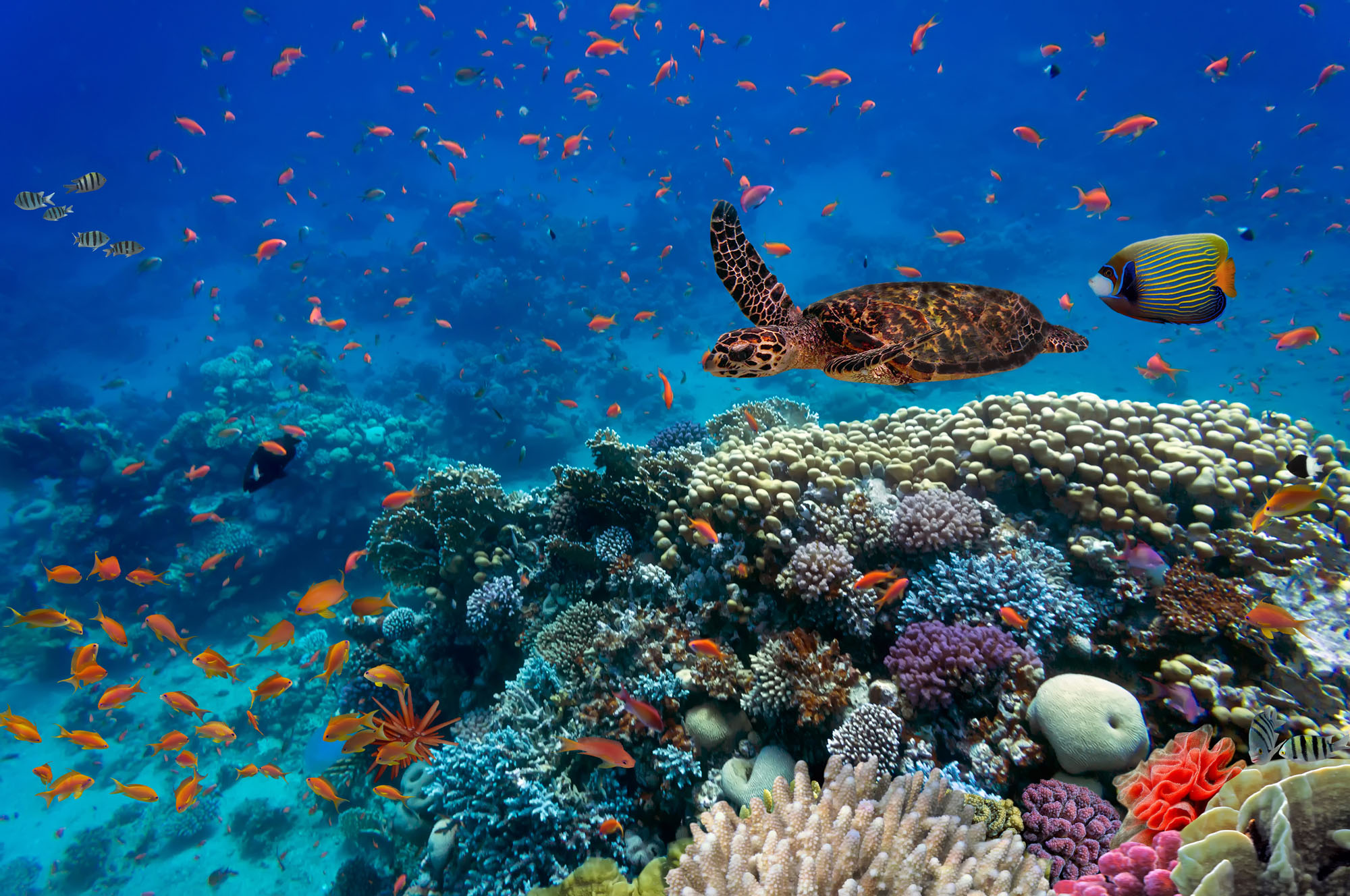At some point in the next decade, a large, tractor-like device will start crawling the deepest seafloor, gathering potato-sized nuggets packed with metals crucial to electric vehicles, renewable-energy storage and smartphones. Nobody knows how badly this industrialization of the deep sea could damage the marine environment. Even proponents concede that it'll disrupt and permanently erase habitats that have been barely explored, much less understood.
It's a bleak scenario and — for now, at least — it's on a fast track. In July, parties to an international organization chartered to oversee such mining moved closer to their goal of approving regulations by the end of 2020. Environmentalists and scientists have taken part in those discussions. But the companies that will use those minerals in their products — electric-car makers such as Tesla Inc., battery makers such as Panasonic Corp., and consumer-technology companies such as Apple Inc. — have remained silent. If the worst impacts from deep-sea mining are to be avoided, they need to speak up.
The deep ocean, generally defined as waters at depths of 200 meters or more, accounts for 45 percent of the earth's surface and 95 percent of its habitable space. For centuries, humans believed that much of it was barren of life. But in recent decades exploration technology has advanced quickly, enabling scientists to identify approximately 250,000 species in the dark, cold depths. And that's just start: Researchers estimate there could be as many as 1.75 million more species yet to be discovered, along with 500 million different types of microorganisms.



















With your current subscription plan you can comment on stories. However, before writing your first comment, please create a display name in the Profile section of your subscriber account page.